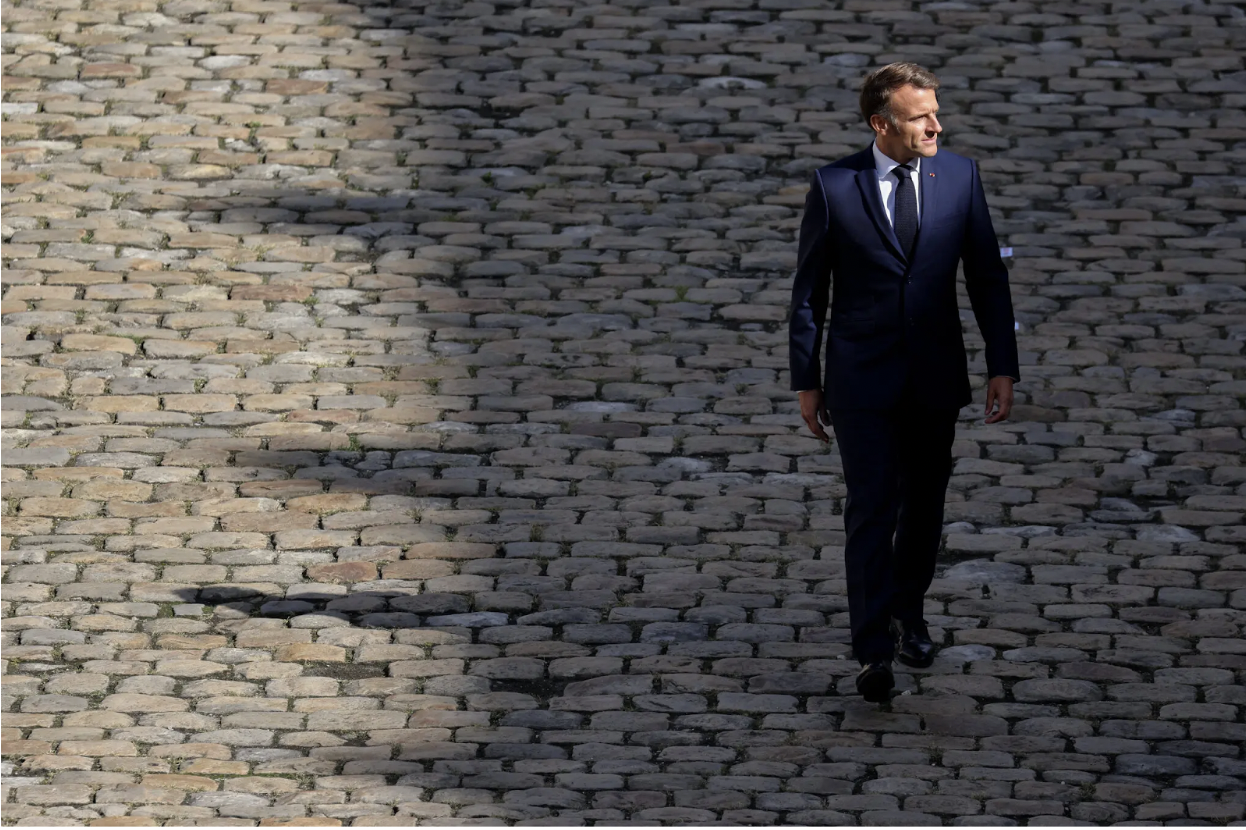Photo via Ludovic Marin/Agence France-Presse — Getty Images
***
France has found itself once again at a political crossroads. On September 8, 2025, the French government collapsed after Prime Minister François Bayrou lost a no-confidence motion in the National Assembly, with 364 votes against and only 194 in support. In Europe, a government “collapse” does not typically mean the state has failed or is no longer functioning. Rather, it means that the executive government has lost the confidence of the Parliament and is being forced to step down, often leading to significant political instability.
Bayrou, a centrist prime minister who had only been in office for just nine months, was ousted for his unpopular austerity budget plan, which sought €44 billion in spending, including cuts in pension and healthcare spending. As Prime Minister, he faced the unenviable task of taming France’s debt to which he stated was a “silent, underground, invisible, and unbearable hemorrhage” of excessive public borrowing in his last speech to the National Assembly. The French budget deficit reached €168.6 billion, or 5.8% of its economic output in 2024, which is above the 3% limit required in the eurozone. The European Union had criticized France for excessive debt last year, further intensifying the pressure on the government.
Much like Bayrou’s gamble, France’s instability can be traced back to the French President Emmanuel Macron’s unexpected call for snap parliamentary elections in June 2024, which followed the far-right National Rally’s (RN) success in the European Parliament elections. Because such elections are called suddenly and often in response to crisis, they tend to amplify divisions rather than resolve them. The snap election resulted in a National Assembly divided into far-right, centrist, and left-wing blocs, with no single group holding an absolute majority. Split into three irreconcilable blocks, most French say the country is “ungovernable.”
Macron appointed Sébastien Lecornu to be his new prime minister a little over 24 hours after the government’s collapse, making him France’s fourth prime minister in a year. Marie Le Pen, French far-right National Rally party leader, said that Lecornu’s appointment was “Macronism’s last shot.” For Macron’s opponents, each new appointment has served as further proof that Macronism is nearing its end. At the same time, France’s reliability has also taken a hit. In the past 18 months, political and fiscal uncertainty has prompted many investors to sell the country’s assets, highlighting ways in which instability has weakened the legitimacy of both its leaders and institutions. Lecornu now inherits not only France’s budget crisis, but also a deeply fragmented legislature, nationwide strikes and protests, and public skepticism.
The truth is, even with the appointment of a new prime minister, Macron’s party no longer has a solid grip on the legislature, and the French population’s trust in their president has eroded. During the last few months of his first presidential campaign, Macron aspired to embody the concept of the “Jupiterian president.” Jupiter—known to the Greeks as Zeus—was the Roman god of the sky, thunder, and lightning, and Macron sought to portray himself as this leader who holds power from above. In practice, however, he has instead earned himself the nickname “The President of the Rich,” due to his tax cuts to businesses and the upper class. As Céline, a trade unionist protesting the government’s proposed pension age increase, put it, “There has been a denial of democracy. Macron thinks of himself as a kind of king, Jupiter up high looking down on us. We’ve got to hold out until he listens.” There are times when even Jupiter needs to come down to Earth, and France is certainly not the only place where leaders believe they rule from their own kind of Olympus.
France’s political turmoil serves as a reminder of how fragile democracies can become when leaders lose legitimacy. Austerity measures that backfire, multiple government collapses, and policies that alienate citizens all lead to public distrust in both leaders and government. When leaders run out of political capital—and when people refuse to blindly follow—they can no longer carry a democracy on their own, and even the strongest democracies can fall. It’s a warning for other democracies, including the United States, that legitimacy can’t be commanded from above—it must be earned on the ground.
***
This article was edited by Elise Grin and Jordan Donegan.
